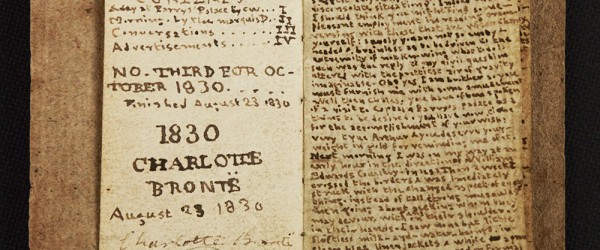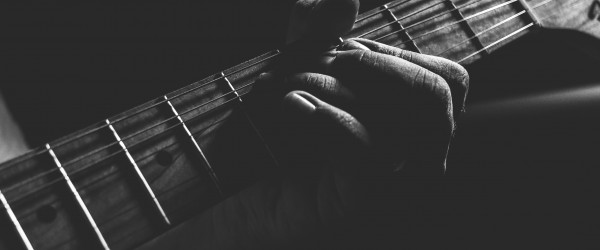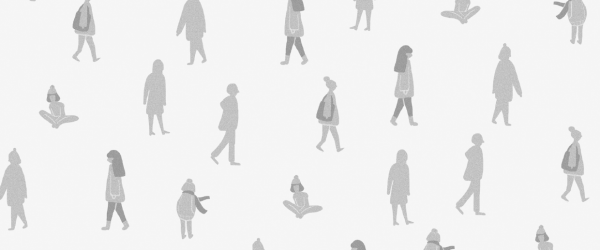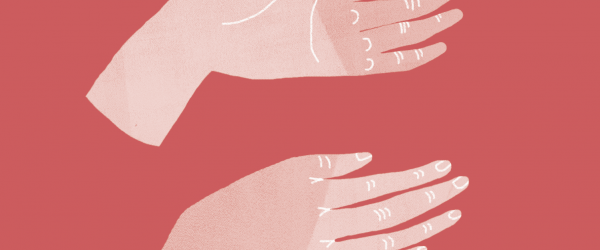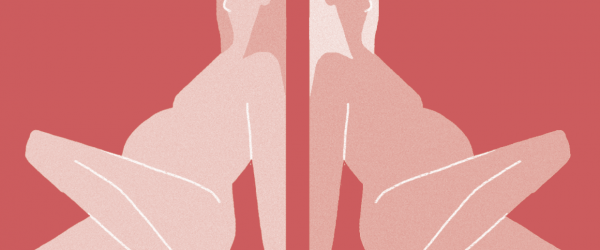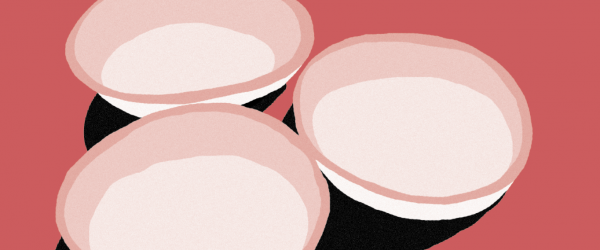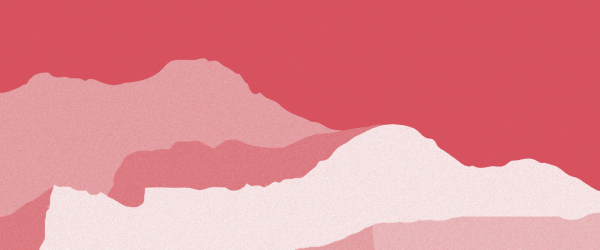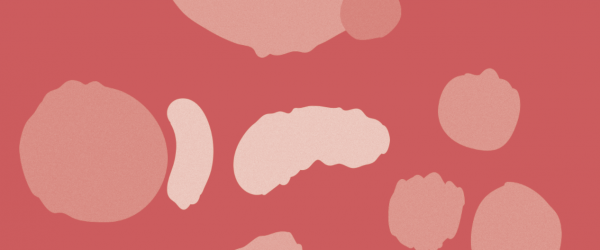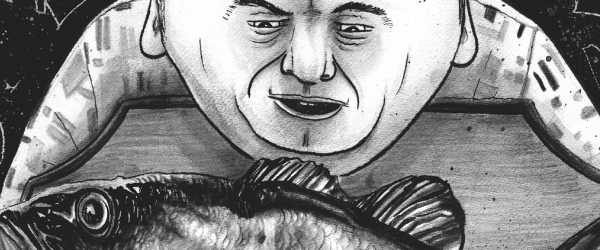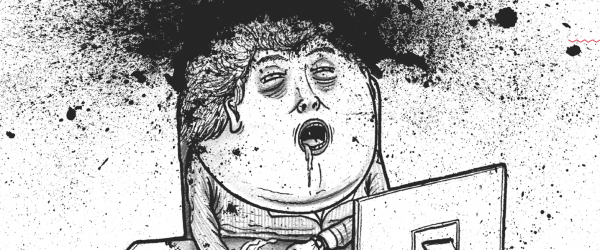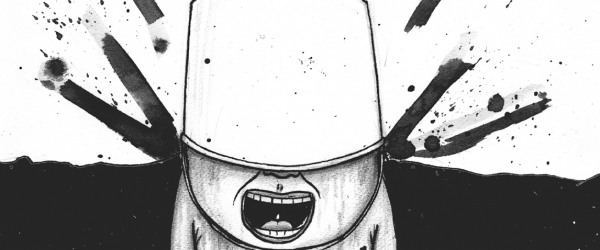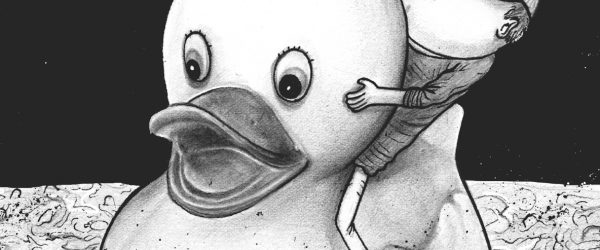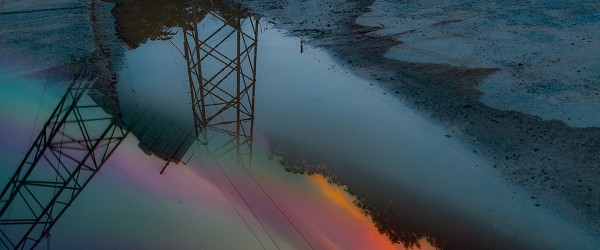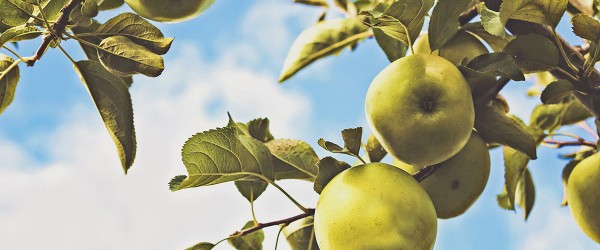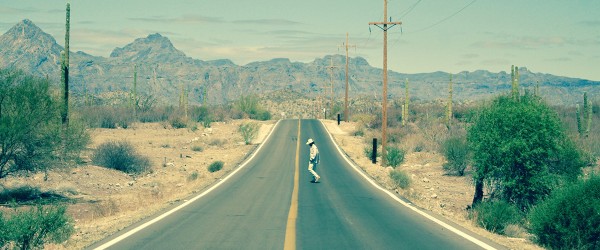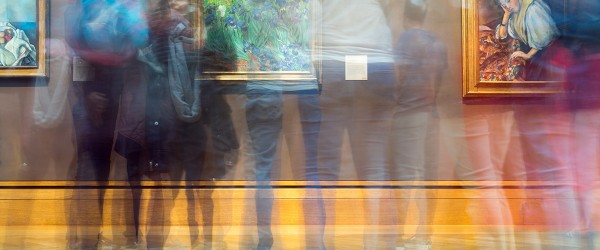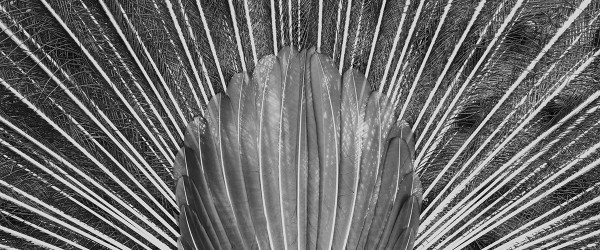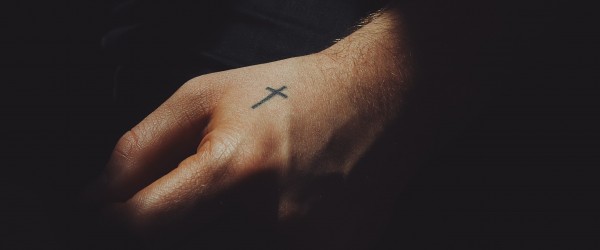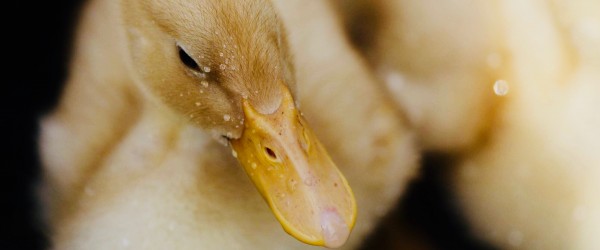
235 Winter 2019
Buy this issue
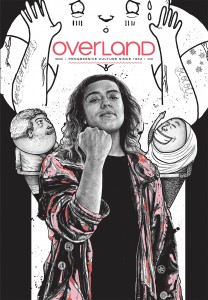
Walking through coal country, the gunboat nation in a lifeboat world, the agency of pregnant women, re-reading Primo Levi, and medicine and racism. First edition with new fiction editor Claire Corbett, with works by Jem Tyley-Miller, KA Rees, Laura Elvery, Elizabeth Flux and Ben Walter, and stunning poetry from Ouyang Yu, Ivy Alvarez, Eileen Chong, Norman Erikson Pasaribu and others. Art by political cartoonist Tia Kass.
Issue Contents
Regulars
Giovanni Tiso
Mel Campbell
Alison Croggon
Tony Birch
Features
Godfrey Moase
Enza Gandolfo
Natalie Kon-yu
Giacomo Lichtner
Scott Robinson
Ellen van Neerven
Caitlin Doyle-Markwick
Fiction
KA Rees
Laura Elvery
Ben Walter
Elizabeth Flux
Jem Tyley-Miller
Claire Corbett
Poetry
Siobhan Hodge
Siobhan Hodge
Ouyang Yu
Aurora Scott
Eileen Chong
Ivy Alvarez
Norman Erikson Pasaribu
Art
Tia Kasambalis
Editorial
Jacinda Woodhead
Short Story Prize
Angela Rega
George Haddad
Browse the issue:
Regulars
Features
Poetry
Art
Editorial

